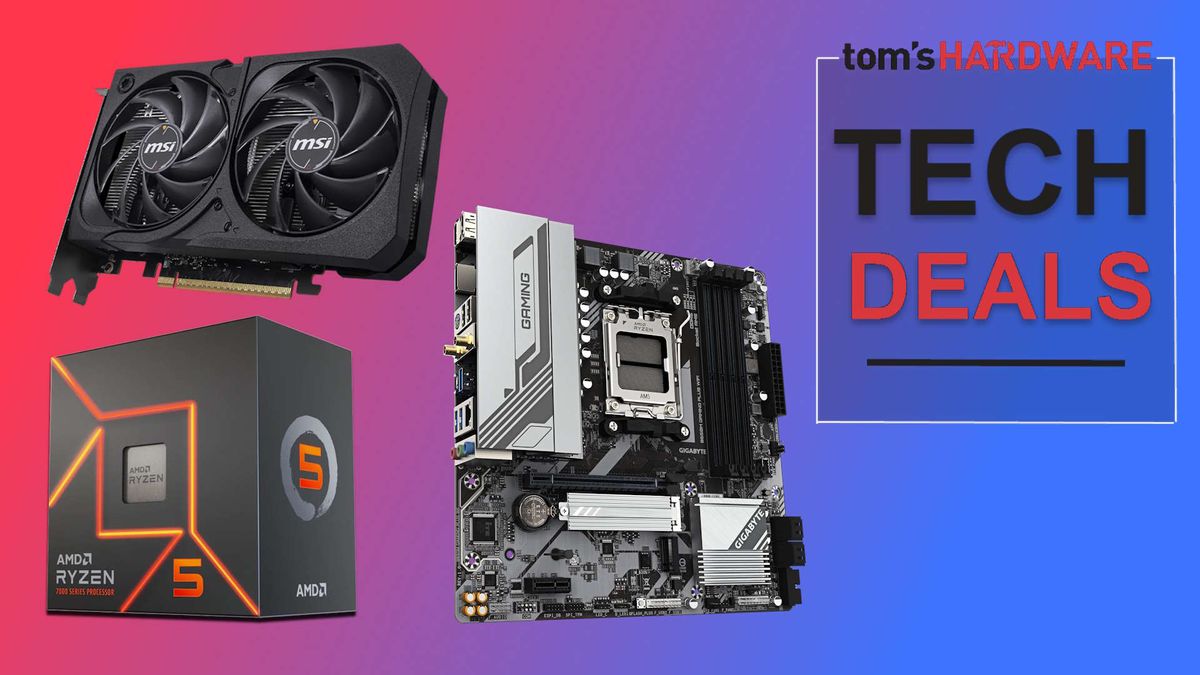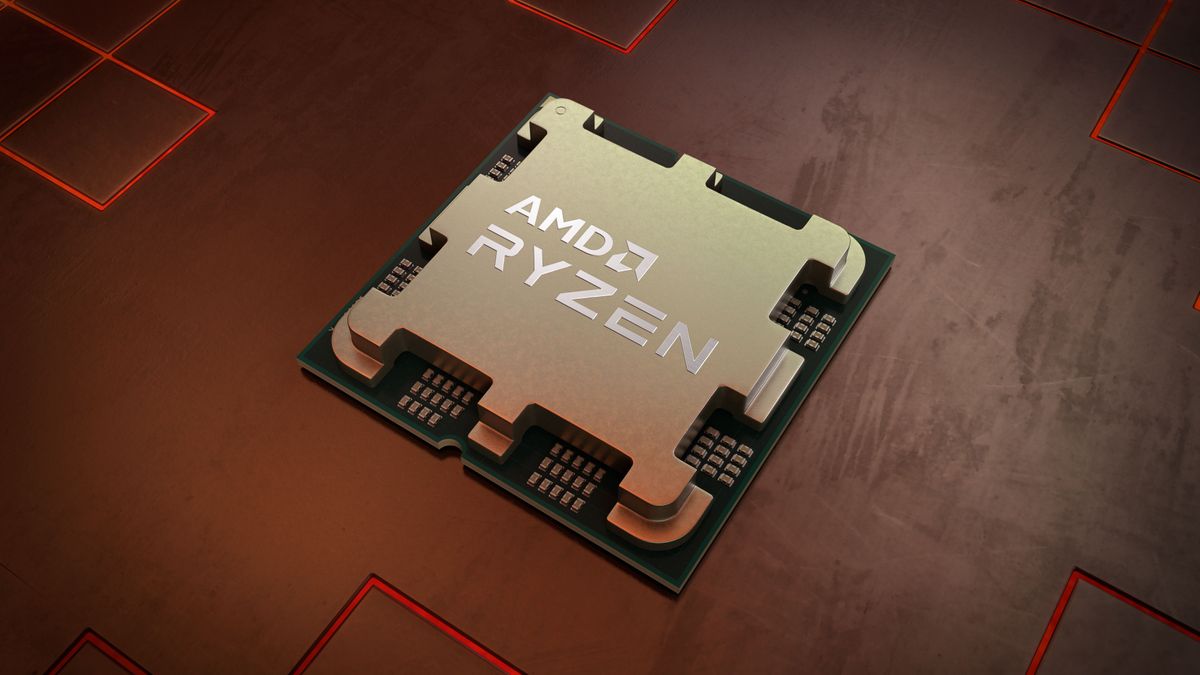The Ryzen 7 9800X3D, regarded as one of the best CPUs, has captured the attention of gamers seeking to upgrade their gaming rigs. However, AMD's 3D V-Cache chip has also sparked another discussion, as user feedback regarding premature failures on Reddit (courtesy of natty_overlord) has grown to over 100 cases.
The first cases of the Ryzen 7 9800X3D burnouts date back to November last year. However, it seems to be an ongoing issue, as new user reports have periodically popped up over the past few months. Redditor natty_overlord, who did all the legwork, compiled a list of all the user reports with their respective links in the Reddit thread. So far, the tally of dead Ryzen 9000 (codenamed Granite Ridge) processors has reached 120 cases.
According to the statistics, 108 incidents are associated with the Ryzen 7 9800X3D, while there have only been two cases involving the Ryzen 9 9950X3D. Meanwhile, the remaining 10 incidents originate from the vanilla Ryzen 9000 lineup. Overall, the numbers aren't alarming, considering that AMD sells thousands of these Zen 5 chips. Nonetheless, history has taught us that no matter how small the number of affected cases may be, they still warrant an investigation.
Ryzen 9000 Failures By Motherboard Brands
Swipe to scroll horizontally
ASRock | 98 | 82% |
Asus | 16 | 13% |
MSI | 5 | 4% |
Gigabyte | 1 | 1% |
Most of the Ryzen 7 9800X3D failures seemed to have occurred on ASRock motherboards. Up to 82% of the incidents were on an ASRock motherboard. Asus, MSI, and Gigabyte rank second, third, and fourth, respectively, with participation rates of 13%, 4%, and 1%.
It's important to highlight that the data has nothing to do with motherboard quality or reliability. It could be a matter of consumer preference, as ASRock motherboards are typically more friendly on the pocket than rival brands. It's hard to pinpoint a specific model since the failures have appeared on entry-level models, such as the B850M-X, up to the flagship X870E Taichi SKU.
In February, ASRock released new firmware for its AM5 motherboards that reportedly solves boot issues. The firmware's description reads, "improve minority proportion of AMD 9000 series CPU boot issue." While ASRock addresses the boot issues, the company didn't share any information on whether these issues are related to the Ryzen 7 9800X3D dying.
Ryzen 7 9800X3D Failures By Chipset
Swipe to scroll horizontally
X870 | 49 | 45% |
B850 | 36 | 33% |
B650 | 16 | 15% |
X670 | 7 | 7% |
The Ryzen 7 9800X3D's demise happened on the latest 800-series motherboards and the last-generation 600-series motherboards. However, it was more prevalent in the former, with the X870 chipset accounting for 45% of the failures and the B650 accounting for 33%. At first glance, the problem should not be about motherboard quality since the X870 chipset is usually featured on premium motherboards with robust design and components.
It was the opposite on the 600-series motherboards, where the B650 chipset corresponded to 15% of the Ryzen 7 9800X3D failures and the X670 chipset with just 7%.
Only a thorough investigation can uncover what is truly happening. ASRock Japan previously attributed the issue to a memory problem and stated that the recently released firmware would resolve it. We can't help but recall the earlier Ryzen 7000 burnout scandal related to AMD EXPO profiles and SoC voltages and wonder if we're witnessing a similar malfunction. ASRock retrieved one malfunctioning Ryzen 7 9800X3D, found debris in the AM5 socket, and demonstrated that properly cleaning the AM5 socket restored it to working order. However, not all cases are related to debris in the socket.
The time of failures looks random, with some user feedback pointing to a couple of hours and others to a few months. It's not a contest or anything, but the record is currently at the half-hour mark. The problem continues to spread as we see constant user feedback in the ASRock subreddit's mega-thread. The last report was from an hour ago, where one Redditor showed the underside of his Ryzen chip with scorch marks.

 8 months ago
177
8 months ago
177







 English (US) ·
English (US) ·